'Pastor Isaac' tagged sermons
See God’s Grace as Rabbi Isaac tells the stories of the Watchers and Nephilim Giants, the Flood and Noah’s Ark, of Noah’s subsequent drunkenness and cursing of Canaan, and of the Tower of Babel… and dares to share info from the Dead Sea Scrolls of Enoch, Jubilees and Jasher! We hope you are blessed by this…
We begin our annual cycle of Torah readings with this weeks Parashah from Genesis 1:1 – 6:8 where Rabbi Isaac brings forth Hidden Prophecies in the Creation account and shows how God reveals “the End” from “the Beginning”! For Shabbat of October 26th, 2024(Donate and support this Ministry by clicking here) Torah: Genesis 1:1-6:8Haftarah: Isaiah 42:5-43:10 Bereshit (בְּרֵאשִׁית) – Hebrew for…
Torah Parashah Nitzavim-Vayelech by Rabbi Yitzchak
Learn the amazing lesson of how the mitvah of bringing the first fruits offering to the temple and the principle of tithing were all to teach the importance of practicing God’s character of selfless giving!
Teaching For Shabbat of September 14th, 2024 (Donate and support this Ministry by clicking here) Torah: Deuteronomy 21:10–25:19 Haftarah: Isaiah 54:1-10 Ki Tetzei (כִּי־תֵצֵא)— Hebrew for “when you go,” the first words in the parashah) is the 49th weekly Torah portion (פָּרָשָׁה, parashah) in the annual Jewish cycle of Torah reading and the sixth in the Book of Deuteronomy. It covers Deuteronomy 21:10–25:19. (Click here…
Teaching For Shabbat of September 7, 2024(Donate and support this Ministry by clicking here) Torah: Deuteronomy 16:18 – 21:9 Haftarah: Isaiah 51:12-52:12 Shoftim (שֹׁפְטִים) — Hebrew word for “judges,” is the first word in the parashah and is the 48th weekly Torah portion in the annual cycle of Torah readings and covers Deuteronomy 16:18–21:9. The parashah provides a constitution — a basic societal structure —…
Learn about Passover, the two Firstfruit harvests, and how to count the Omer up to Shavu’ot
This week the Torah Parashah and Haftarah both focus on the Priesthood… Teaching For Shabbat of March 30th, 2024 (Donate and support this Ministry by clicking here) Torah: Leviticus 6:1–8:36Haftarah: Jeremiah 7:21-28; 9:22-23 Tzav (צַו) — Hebrew for “command,” the sixth word in the parsha) is the 25th weekly Torah portion in the annual cycle of Torah…
Teaching For Shabbat of March 23th, 2024(Donate and support this Ministry by clicking here) Torah: Leviticus 1:1–5:26Haftarah: Isaiah 43:21-44:23 Vayikra (וַיִּקְרָא)— Hebrew for “and He called,” the first word in the parsha) is the 24th weekly Torah portion in the annual cycle of Torah readings and the original name for the Book of Leviticus. The parsha lays out the laws…
This week we have a double Torah Parsha… Vayakhel and Pekudei. Vayakhel (וַיַּקְהֵל ) meaning “and he assembled,” and Pekudei (פְקוּדֵי ) meaning “amouts of,”…











